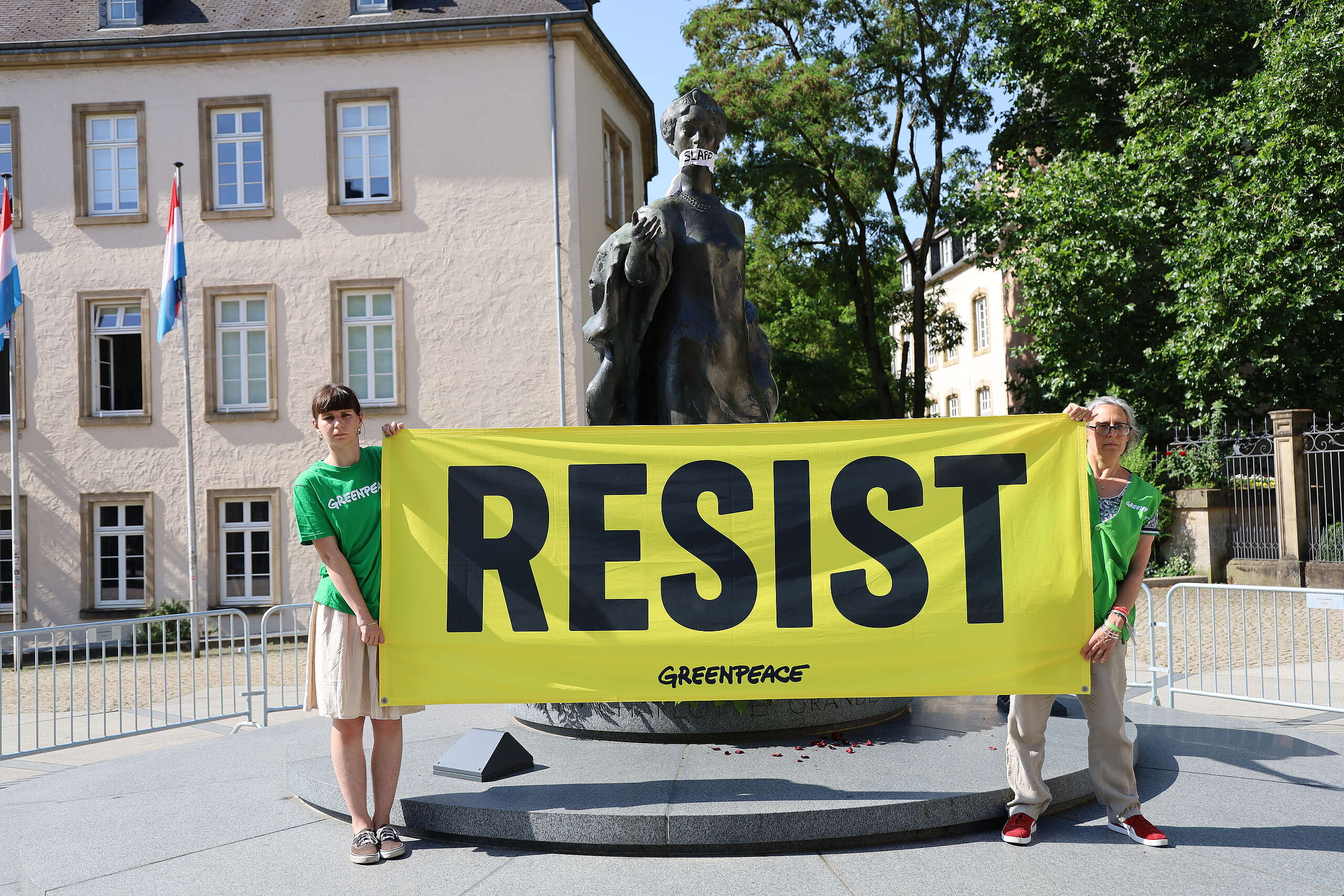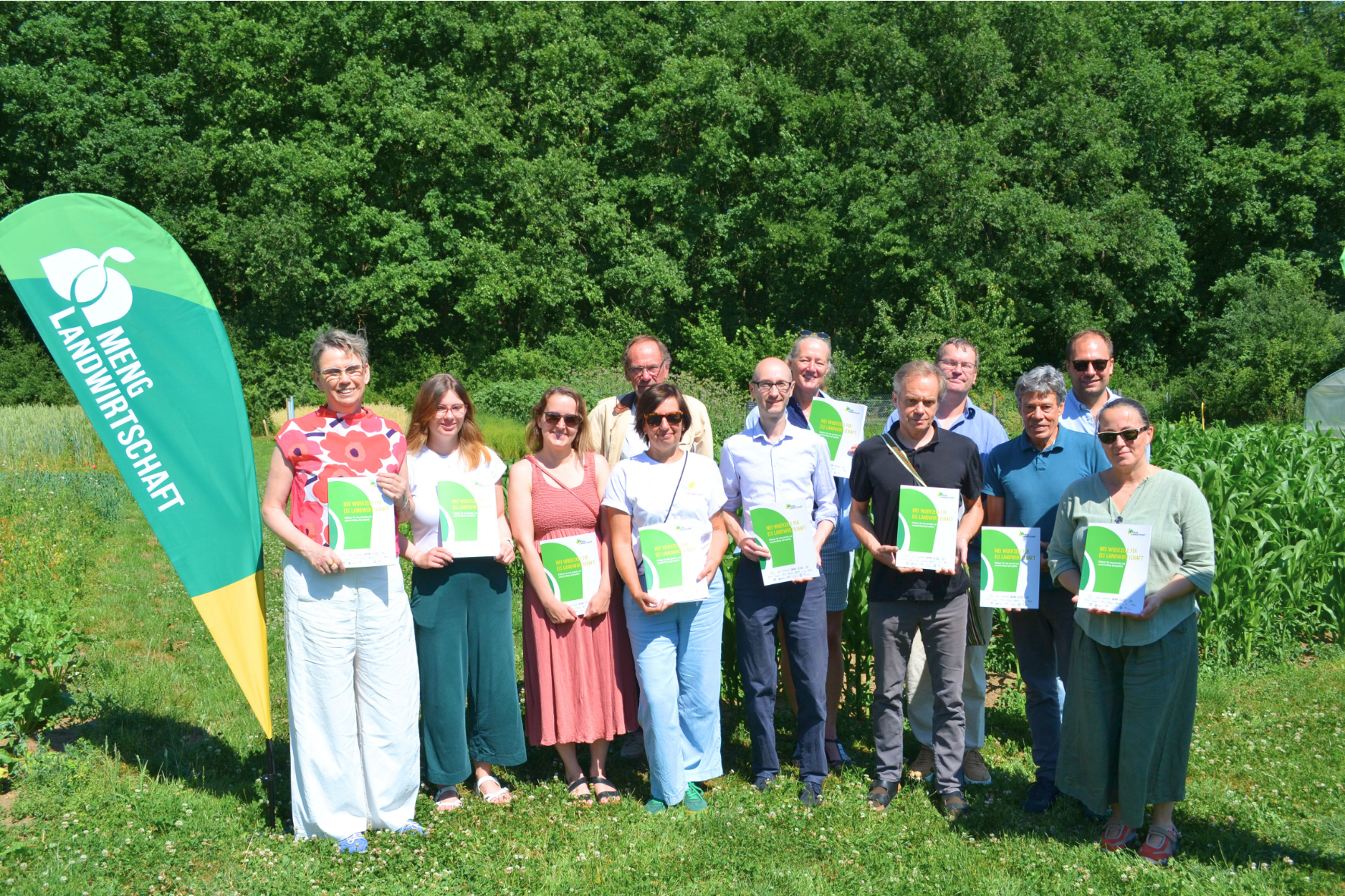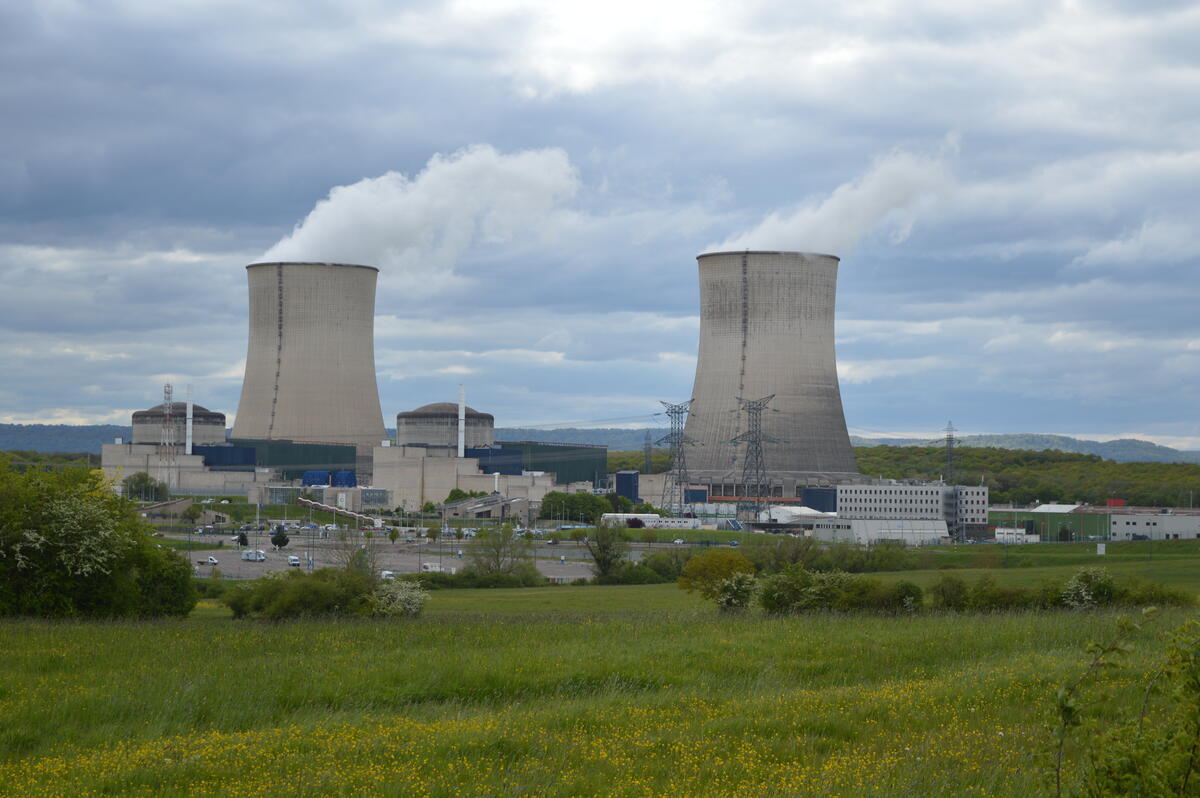Luxembourg, 17 June 2020 – Luxembourg’s sovereign pension fund (Fonds de Compensation, FDC) continues to steadily invest in Shell, Total, BP, Chevron, Equinor, Fortum and other fossil fuel corporations, despite claiming to be “green”.
A Greenpeace Luxembourg analysis of the 2019 annual report of FDC’s investments shows a stark contrast with the sovereign funds’ public claims that large parts of the 19 billion euros from private-sector employees’ contributions meet sustainable and socially responsible investment criteria. Greenpeace condemns this greenwashing tactic and calls on the Bettel government and lawmakers to take immediate action to divest public money from polluting corporations.
The FDC invested more than 256 million euros in some of the world’s largest coal companies[1] in 2019 alone. Similarly, some of the allegedly “sustainably managed” sub-funds, including several of the ESG-labeled sub-funds, invested in some of the biggest global polluters.[2]
“The Fonds de Compensation is trying to jump on the responsible and green finance bandwagon, but it is actually increasing its investments in climate-damaging operations that impact human rights. You cannot have it both ways,” said Martina Holbach, Climate and Finance Campaigner at Greenpeace Luxembourg. “Continuing to invest in fossil fuels while claiming to be ‘green’ is an insult to common sense and incompatible with sustainable investment. Polluting corporations like Shell or Total have failed to align their business strategy with the imminent need to protect communities and the planet from runaway climate change. Betting our pensions in such investments is totally unacceptable.“
The Luxembourgish government ratified the Paris Agreement and has made unequivocal public commitments to implement clear sustainable and green investment guidelines for the FDC.[3] However, the government also failed to establish a solid base to divest public money from fossil fuels as part of the National Energy and Climate Action Plan.
“The government is on a greenwashing campaign that turns a blind eye on the practices of the sovereign pension fund. The FDC’s asset managers have free reign to label coal and oil investments green, it simply doesn’t add up. Individuals and companies in Luxembourg are expected to act on climate change, but the pension fund is allowed to continue shirking any accountability,” said Myrna Koster, Climate Justice Campaigner at Greenpeace Luxembourg. “In the face of the FDC’s negligence, Greenpeace calls on the Bettel government to walk the talk and to finally act.“
[1] Screening against the Global Coal Exit List (GCEL) revealed that the FDC’s 2019 investments into major coal companies increased by 21% from the previous year. Compared to 2015, FDC’s investments in the world’s largest coal companies have grown by more than 60%. In 2019, the FDC also increased its investments in the so-called Carbon Majors, the list of active climate polluters including ExxonMobil, Shell, BHP Billiton and Gazprom that are linked to 71% of industrial greenhouse gas emissions since 1988.
[2] In 2019, the FDC’s investments were divided into 24 sub-funds, each one managed by different fund managers. According to the FDC, 10 of the 24 sub-funds were managed following a sustainable approach defined by the respective fund manager; 6 of the sub-funds were granted an ESG-label by the Luxembourg labelling association Luxflag. An analysis revealed that 6 of the 10 sub-funds managed according to a self-described sustainable approach and 4 out of the 6 ESG-labeled sub-funds invested into major coal, oil and gas companies as well as into car manufacturers, utilities, airlines and other carbon-intensive companies. Sub-fund managers include Axa, Allianz Global Investors, HSBC, Amundi, Robeco and KBIGI. Additionally, a designated ‘Green Bond’ sub-fund invested into coal majors like Enel and Southern Power as well as into carbon-intensive utilities like E.on and Engie.
[3] Coalition agreement 2018-2023, page 108



